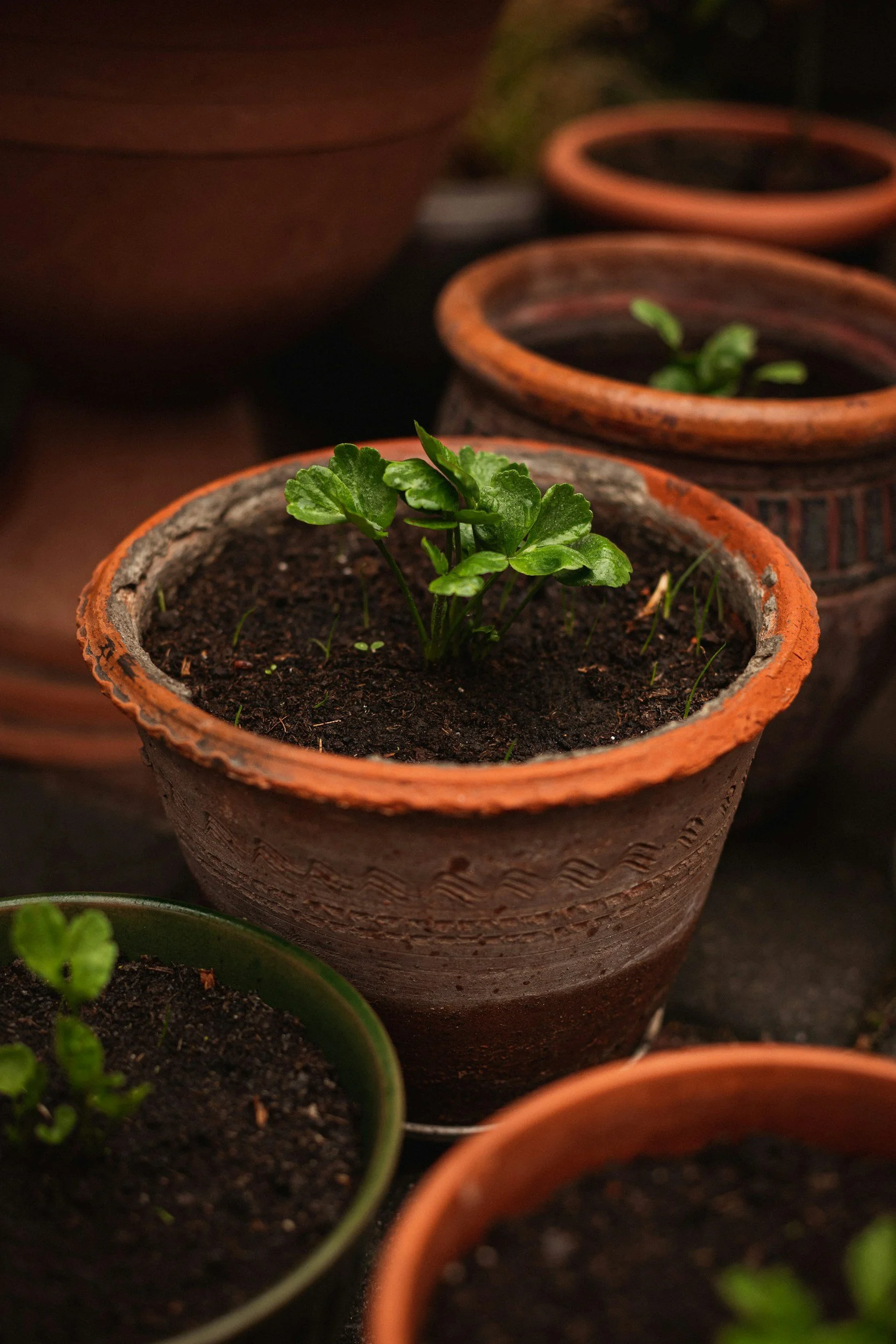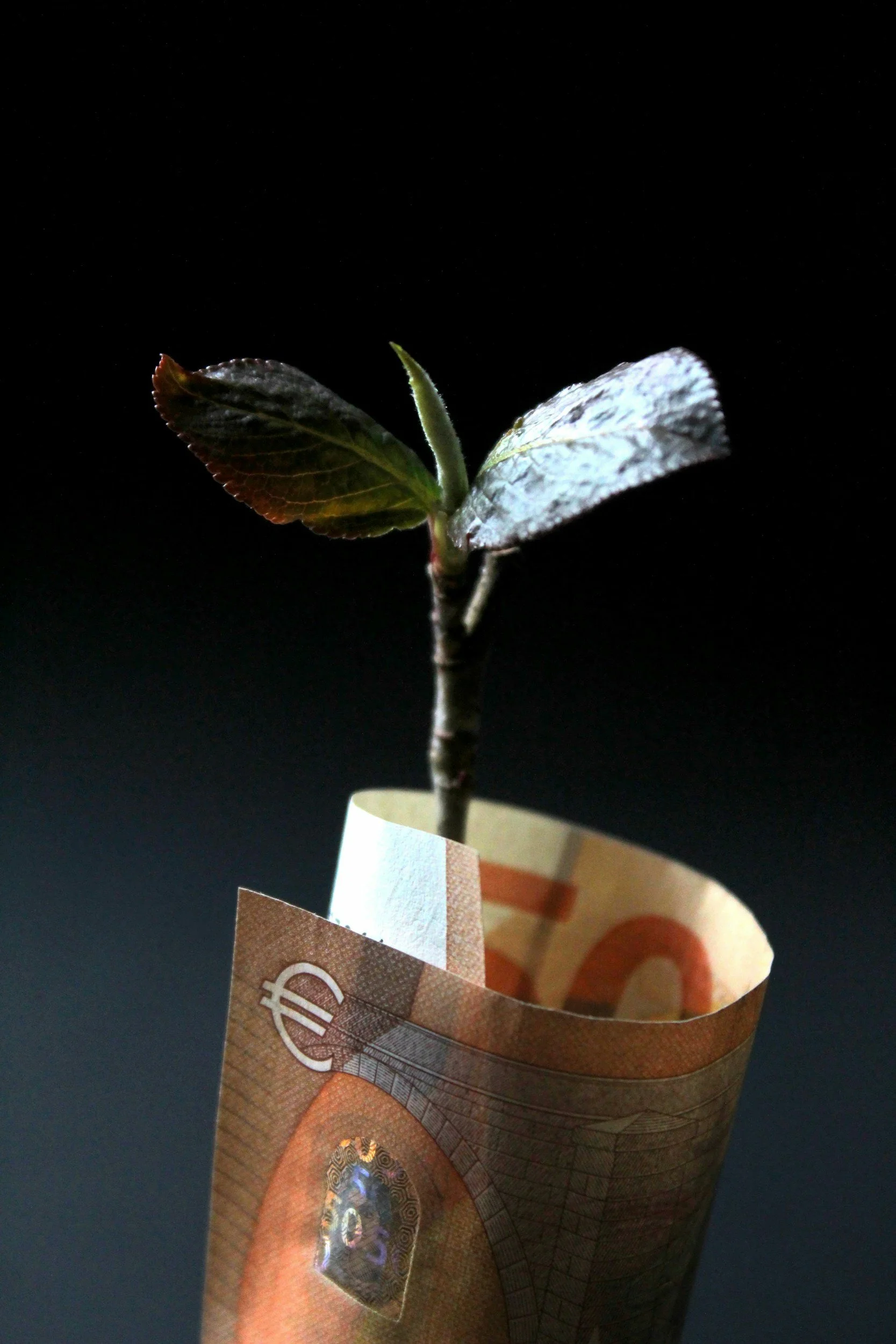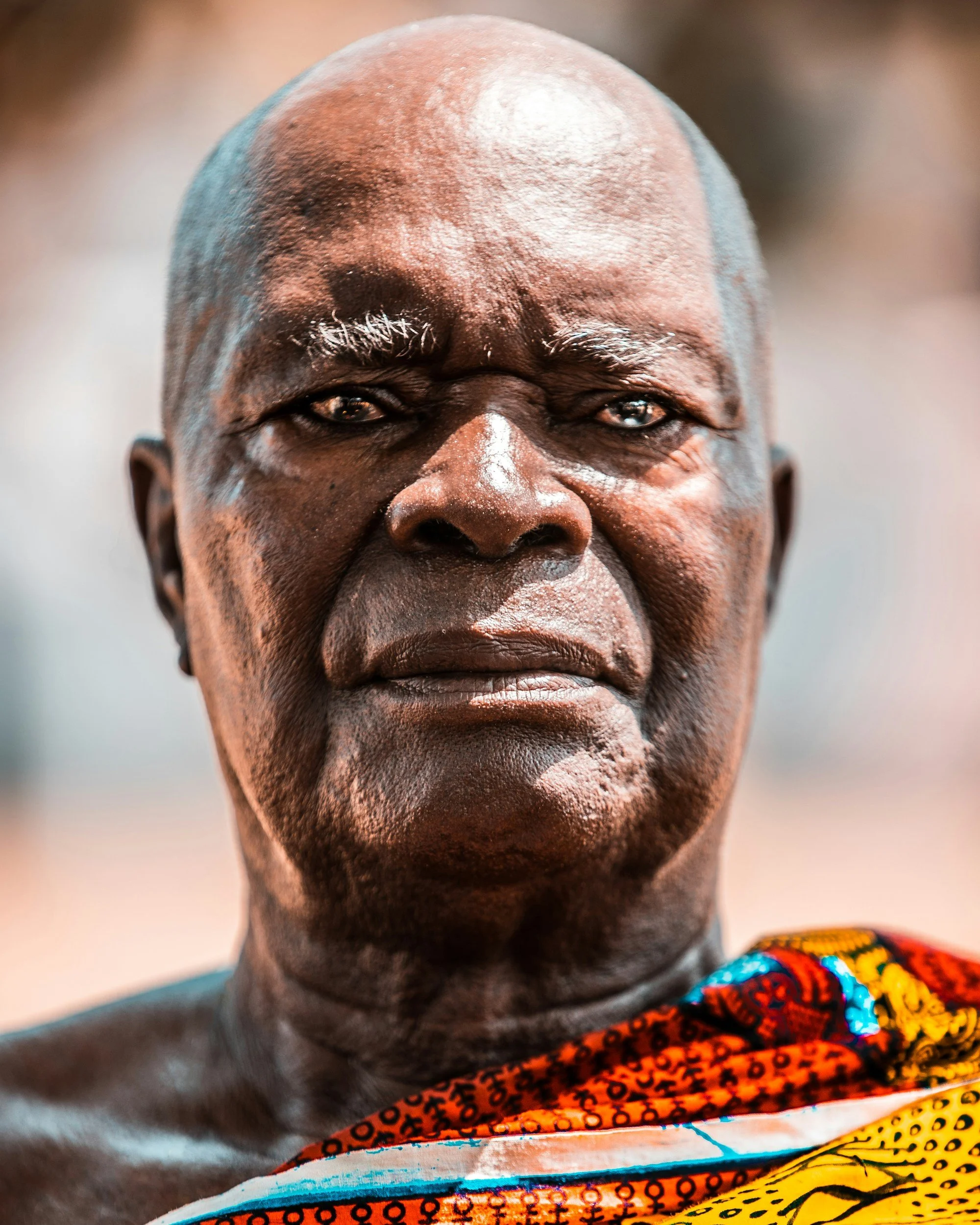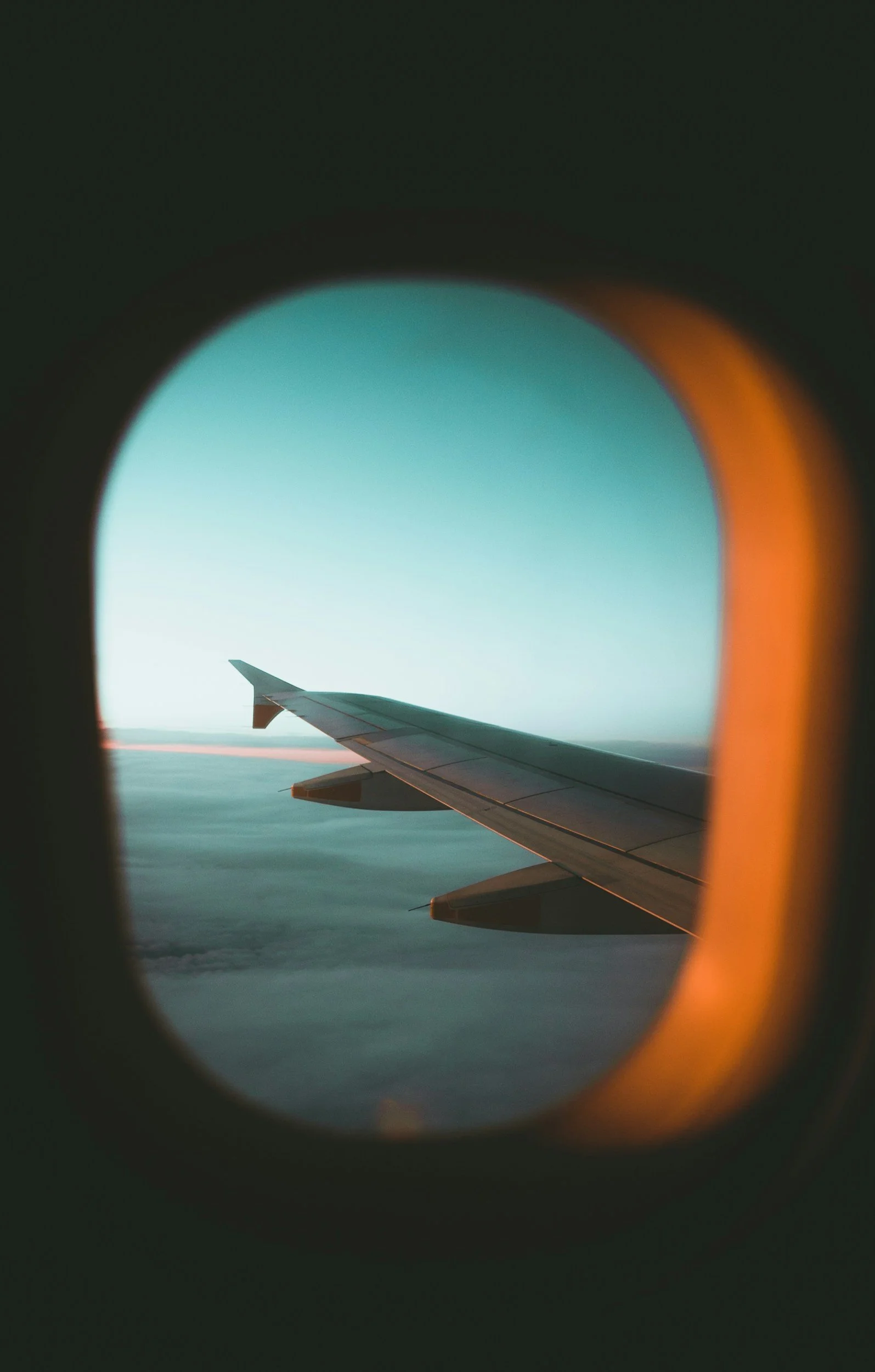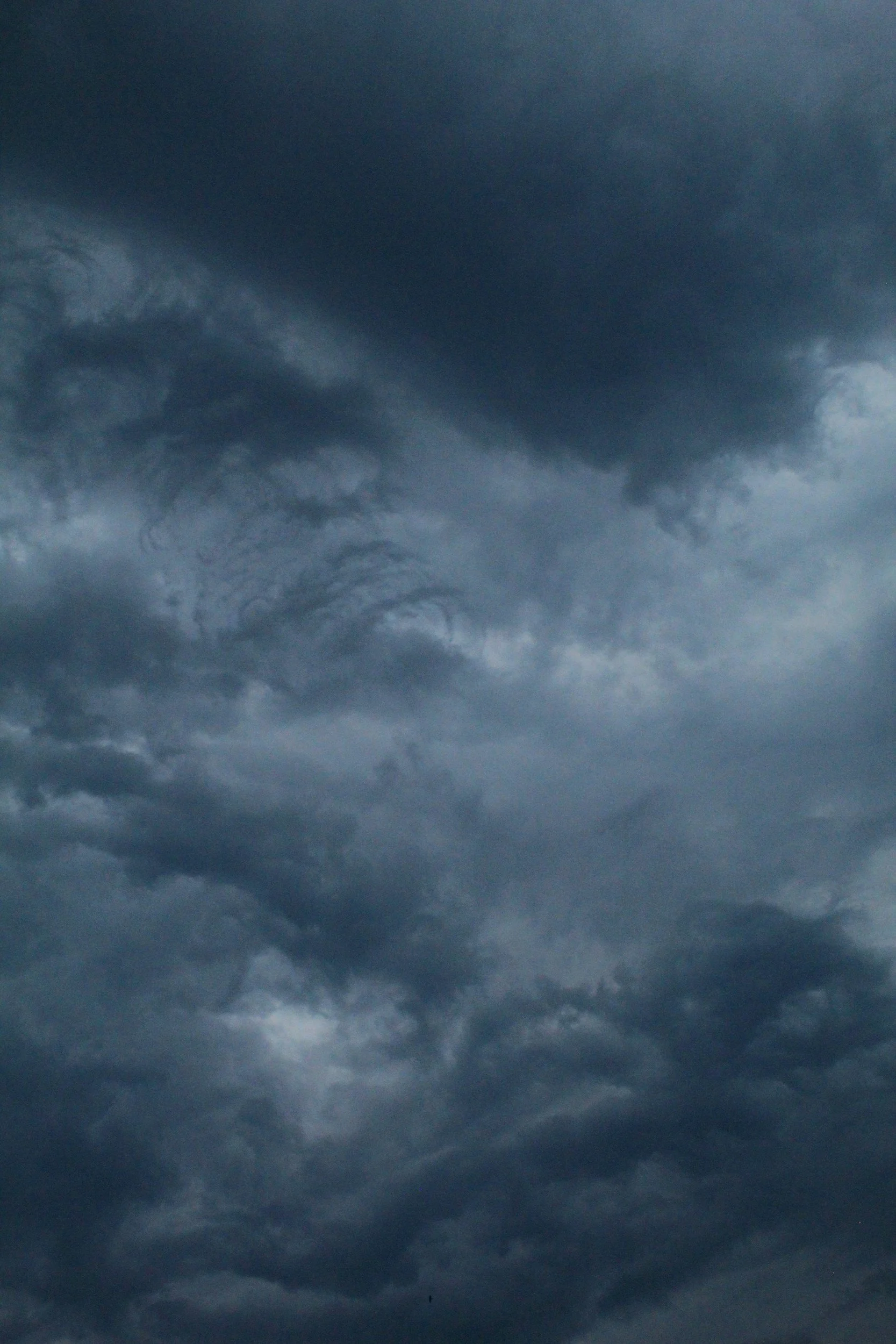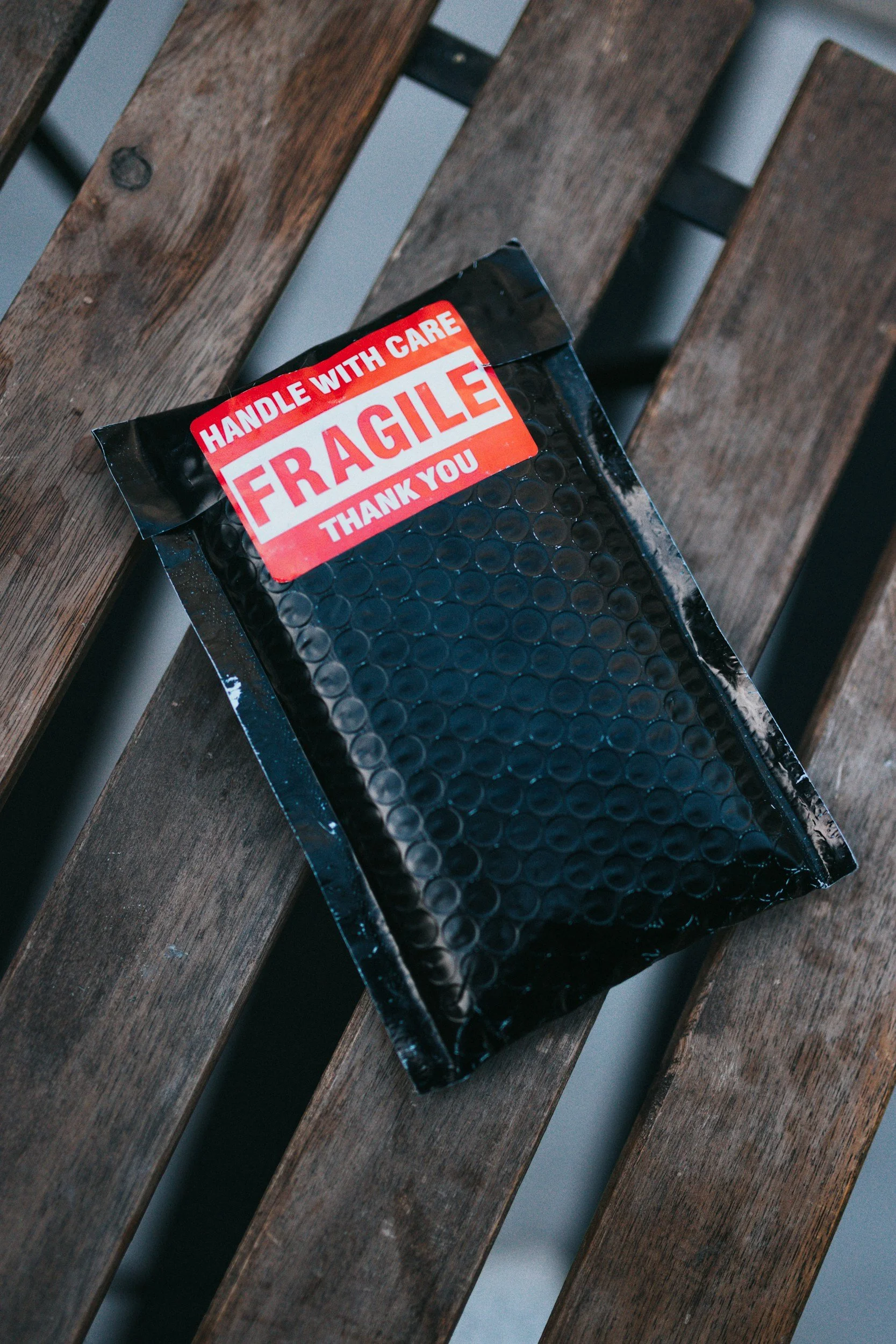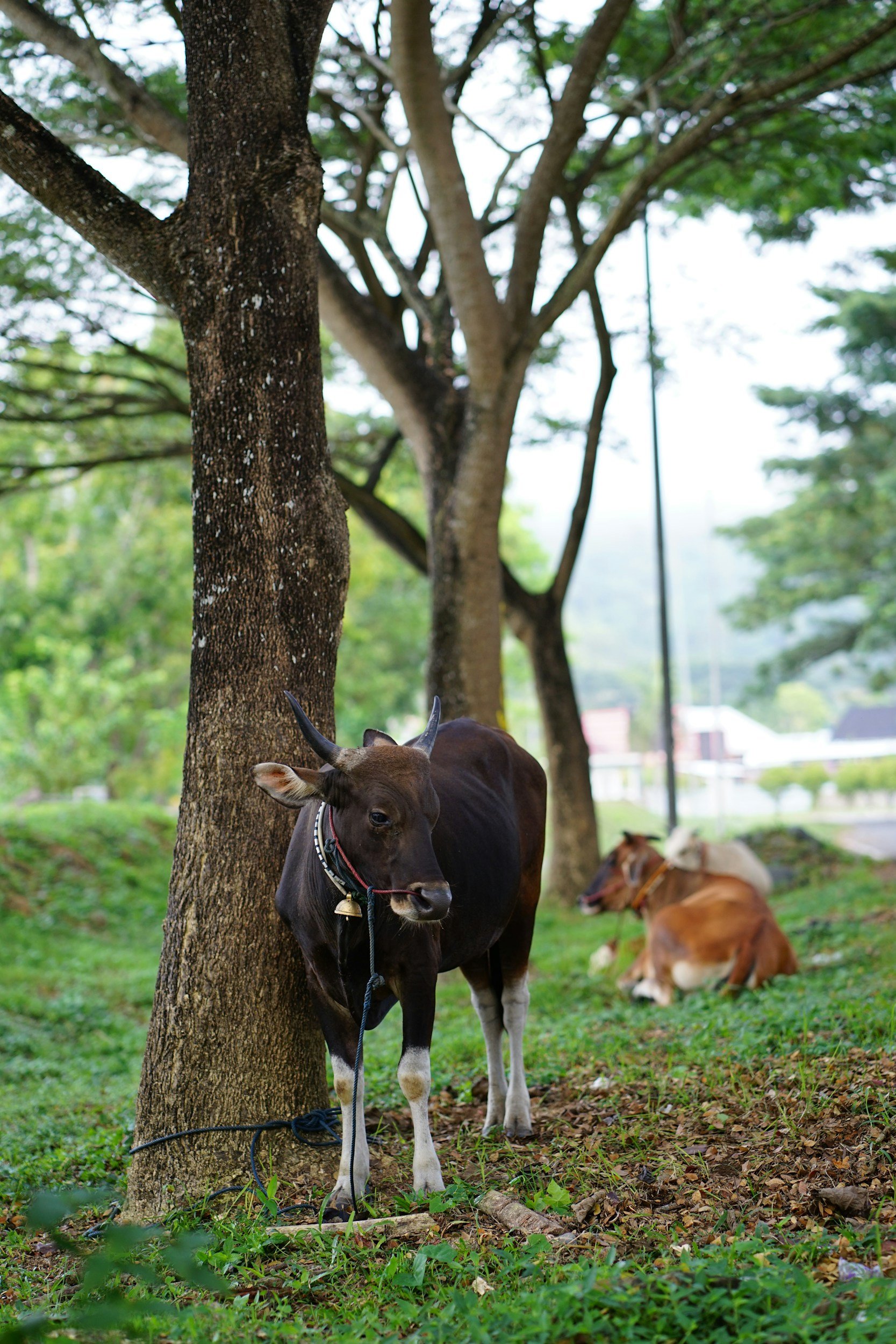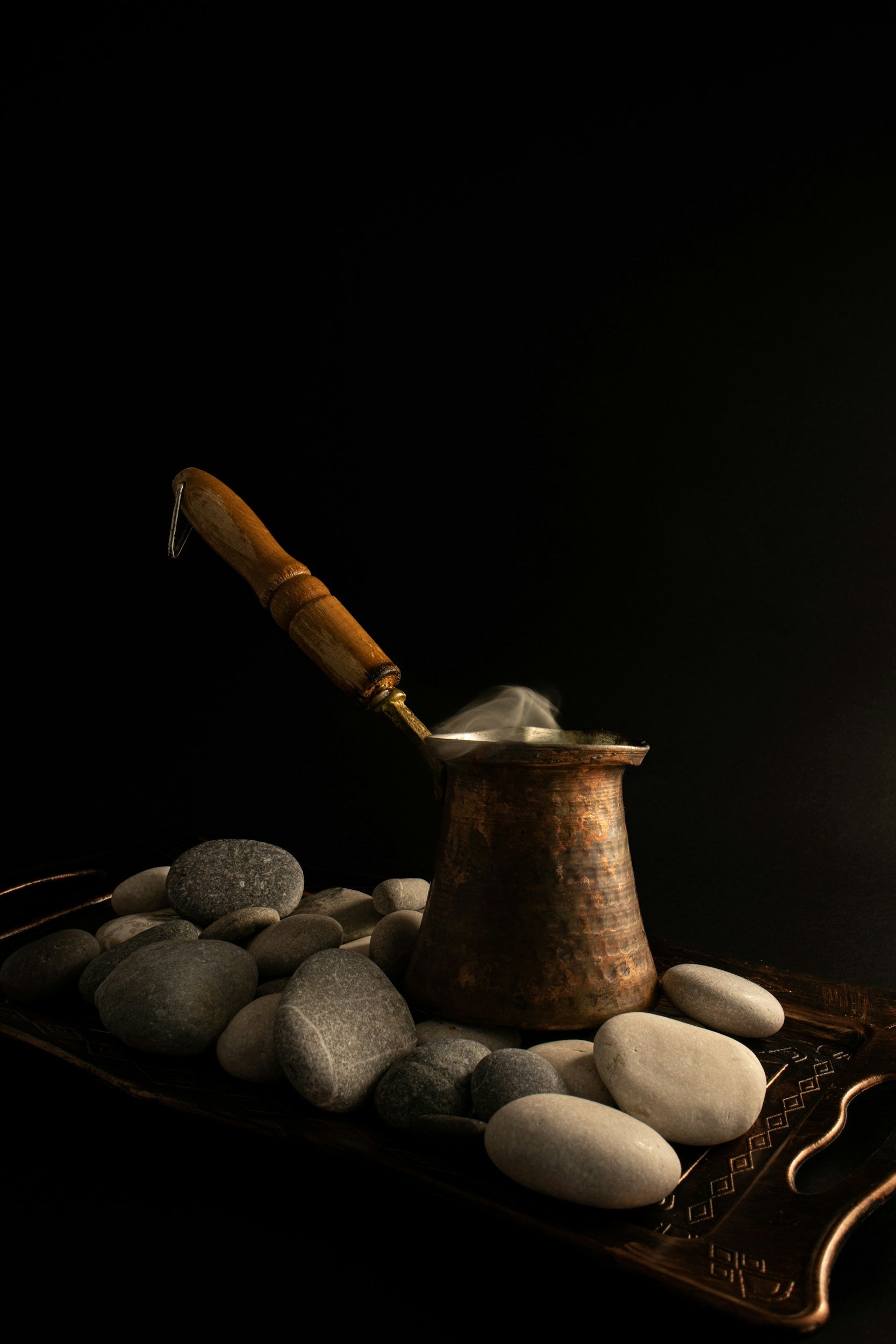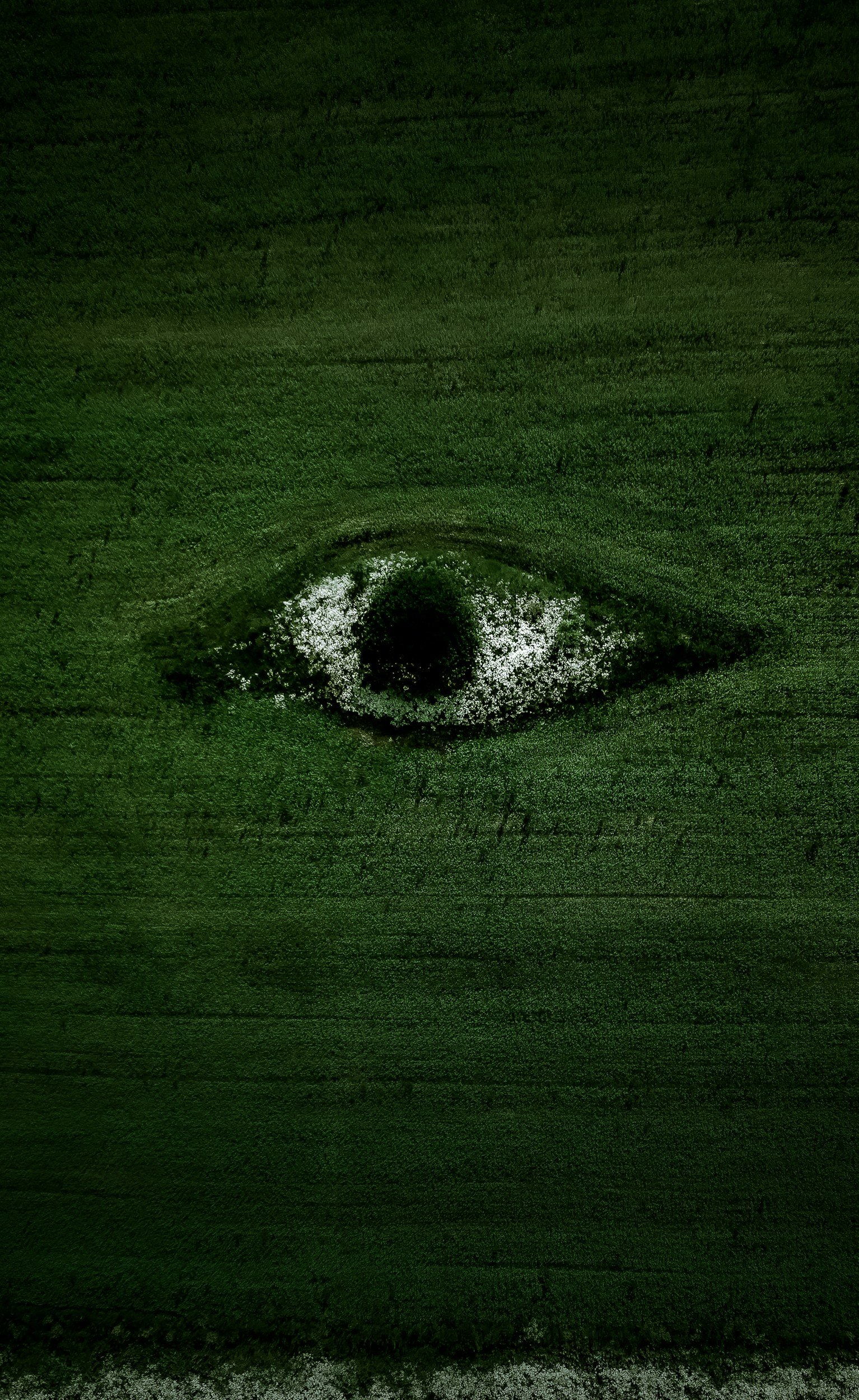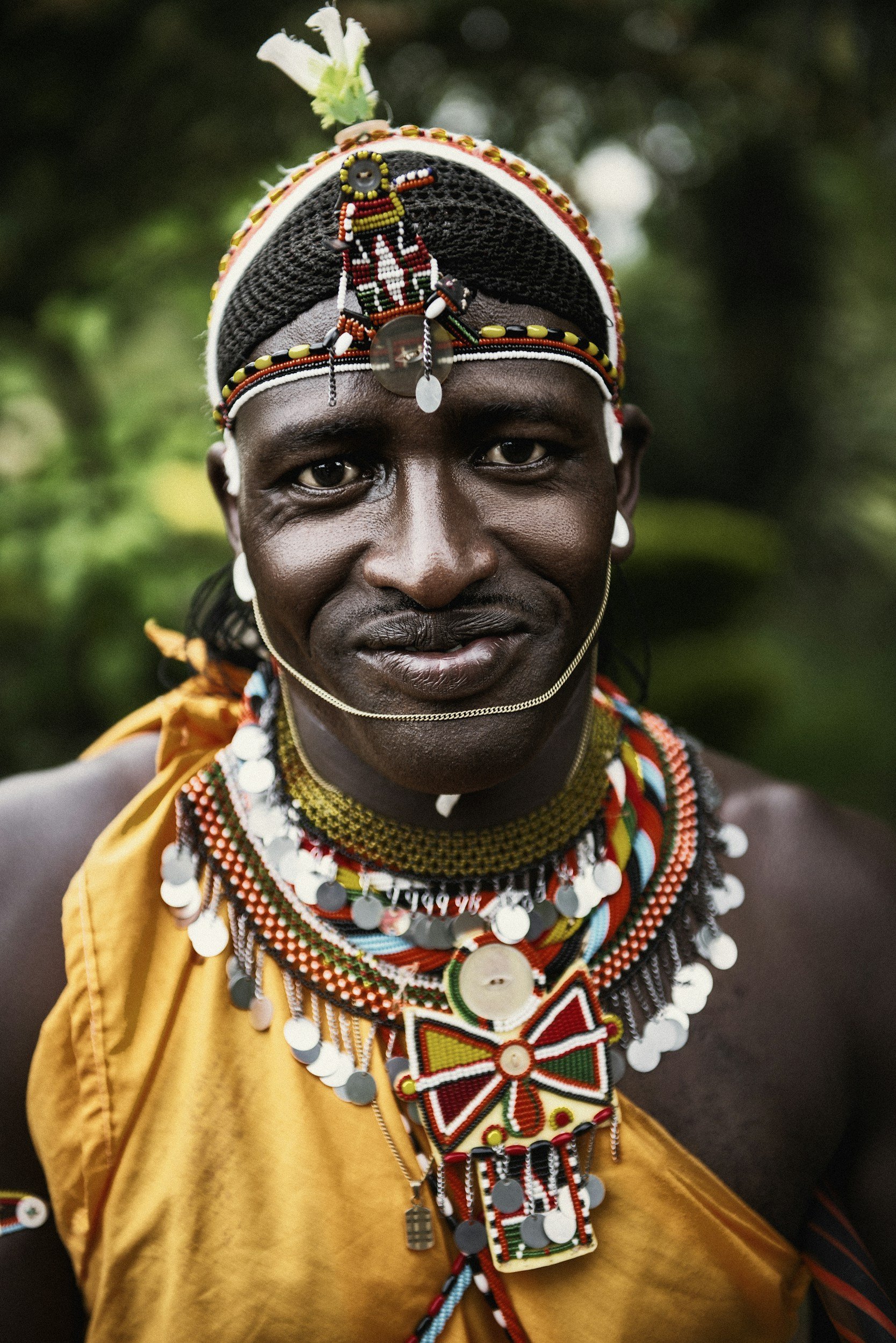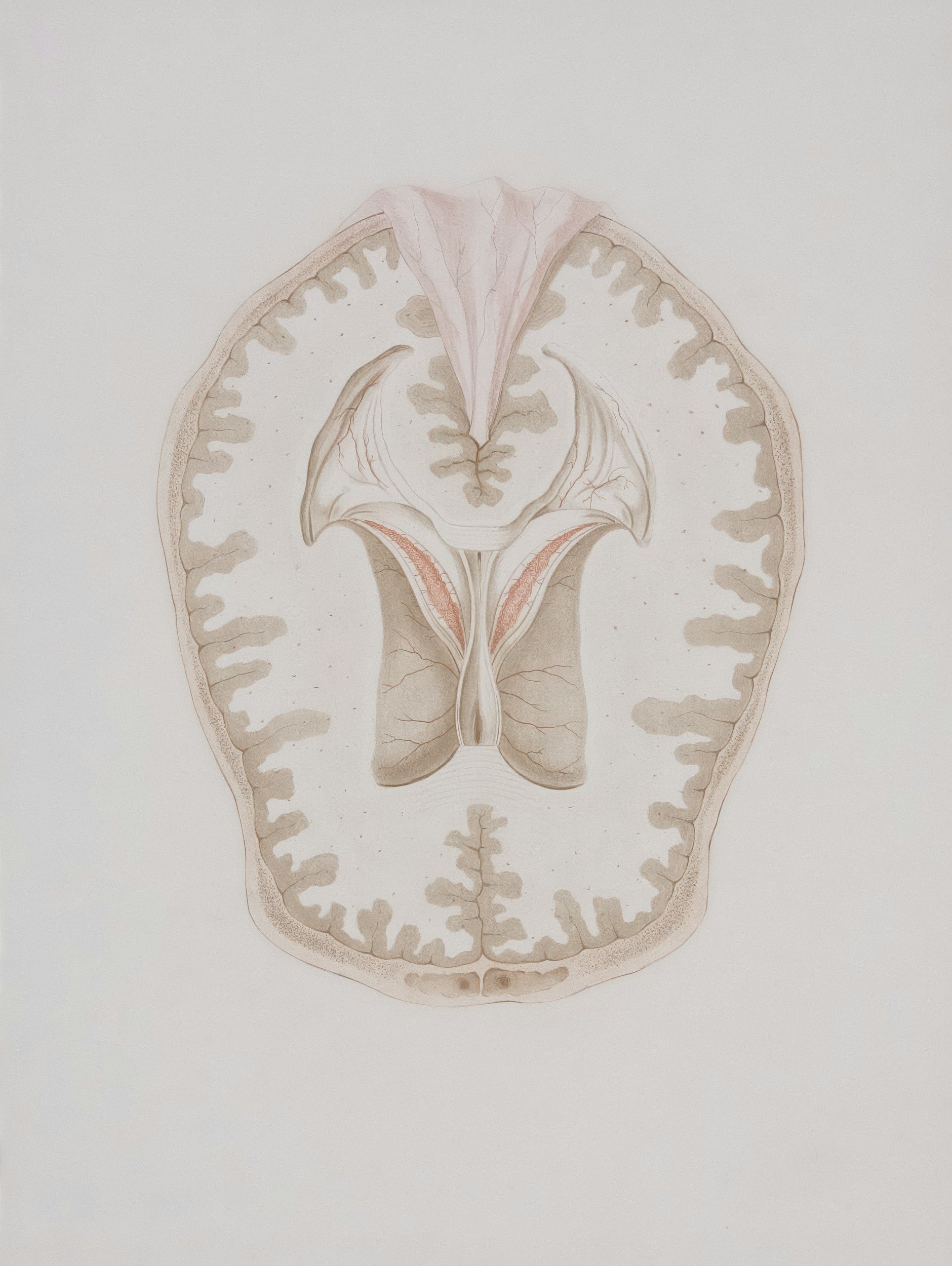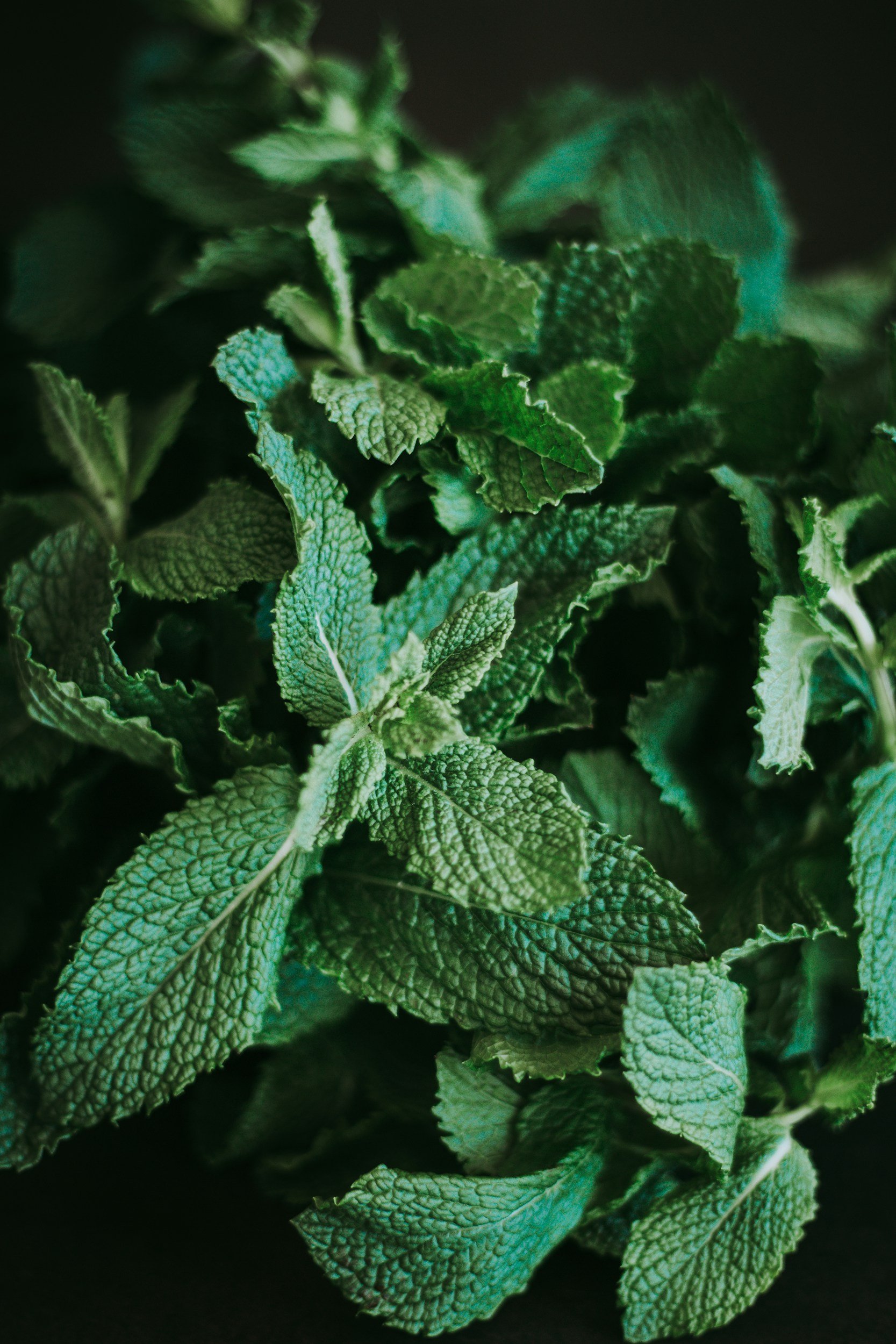Dibia as Dibiala (Master of the Land, Community, Cosmological Forces, Fortune, Misfortune, Illness, and Remedy)
In Igbo cosmology, the Dibia stands as a figure of mastery, they embody the wisdom, power, and authority that govern the land and its people. The term "Dibia" is usually translated as "healer" or "medicine person," but this interpretation only scratches the surface of the Dibia's true role within the community. More accurately, a Dibia is a Dibiala—a master of the land, community, cosmological forces, and all the fortunes and misfortunes that arise within these realms. To understand the Dibia is to understand the very essence of Igbo spirituality and the intricate web of relationships that bind the individual, the community, and the cosmos.
The Dibia as Custodian of the Land's Ethos
Ala—the land stays at the core of Igbo consciousness. Ala is the very foundation of Igbo life, she encompasses the moral, spiritual, and physical dimensions of existence. As such, the land is sacred, and its well-being is central to the well-being of the community. The Dibia, as Dibiala, is the custodian of this sacred land ethos, entrusted with the ancestral wisdom, customs, and traditions that ensure the harmonious relationship between the people and the land.
The Dibia’s role extends far beyond healing physical ailments. They are the keepers of the land’s moral and spiritual order, there to guide the community in matters of justice, ethics, and proper conduct. This authority is earned through years of rigorous training, initiation, and a deep connection to the spiritual forces that govern the universe. As a result the Dibia is a mediator between the visible and invisible worlds, translating the will of the ancestors, deities, and cosmic forces into practical guidance for the community.
Mastery Over Cosmological Forces
In Igbo cosmology, the universe is a complex interplay of forces—some benevolent, others malevolent, and many neutral. These forces influence every aspect of life, from the weather and harvests to personal destinies and communal fortunes. The Dibia, as Dibiala, is a master of these cosmological forces, possessing the knowledge and power to connect, redirect, and appease them as needed.
This mastery is evident in the Dibia’s ability to perform rituals that protect the community from harm, ensure good fortune, and rectify imbalances in the natural and spiritual worlds. Whatever it maybe, it could be a drought that threatens the harvest, an illness that defies conventional treatment, or a curse that brings misfortune, the Dibia is called upon to restore harmony and order. In this sense, the Dibia is not just a healer but a re-author of the land and its fate, wielding the authority to calm down, reset, and masterfully navigate the forces that shape the community’s existence.
The Moral Universe of the Igbo
The Dibia's authority is deeply rooted in the moral universe of the Igbo. Every action, every decision, and every ritual is guided by a code of ethics that upholds the sanctity of the land and the community. This moral framework is not arbitrary; it is grounded in the teachings of our ancestors and the cosmic laws that govern the universe. The Dibia, as the interpreter and enforcer of these laws, plays a very important role in maintaining the moral fabric of the community.
For the Igbo, the land is the source of all things—food, water, gods, destinies, opportunities, misfortunes, illnesses, and their remedies. The Dibia's intimate knowledge of the land's rhythms, cycles, and hidden forces allows them to guide the community in ways that honor this sacred relationship. In times of crisis, it is the Dibia who offers solutions that are in harmony with the land’s ethos, making sure that the community remains aligned with the spiritual principles that sustain it.
The Dibia as Re-Author of the Land
One of the most fascinating aspects of the Dibia’s role is their ability to re-author the land. This means more than just healing the sick or performing rituals; it involves actively shaping the destiny of the land and its people. Through their deep understanding of the spiritual and cosmological forces at play, the Dibia can alter the course of events, and consequently turn misfortune into fortune, illness into health, and chaos into order.
This re-authoring is not done lightly. It requires a deep connection to the land and its spirits, a thorough understanding of the community’s history and needs, and the wisdom to know when and how to intervene. The Dibia, as Dibiala, must weigh the consequences of their actions carefully, to make sure that any changes they make are in alignment with the greater good of the community and the cosmic order.
The Dibia as the Pillar of Igbo Life
In Igbo cosmology, the Dibia is more than a healer or a ritual specialist; they are the pillars upon which the community stands. As Dibiala, they embody the wisdom, power, and authority that keep the land and its people in harmony with the cosmos. Their role as the master of things of the land, community, cosmological forces, fortune, misfortune, illness, and remedy is central to the survival and flourishing of the Igbo way of life.
To understand the Dibia is to understand the intricate web of relationships that bind the individual, the community, and the cosmos. It is to recognize the level of respect and reverence that Igbo people have for the land and its sacred rhythms. And it is to appreciate the immense responsibility that the Dibia bears in maintaining the balance between the seen and unseen worlds.
In a world that is increasingly disconnected from its spiritual roots, the Dibia stands as a powerful reminder of the importance of living in harmony with the land and the forces that govern it. Their wisdom and guidance are as relevant today as they have ever been, offering a pathway to a life that is grounded, balanced, and in tune with the natural and spiritual world.
Recommended Resources:
A Dibia with His Tools, 1921 | Igbo Archives (Article)
The Concept of Dibia and Dibia Representations in Igbo Society of Nigeria | Patrick Iroegbu (Article)
The 7 Essential Tools of A Master of Reality | Brian Ewuzie (Article)
What is a Dibia? - Healers in Igbo Spirituality Explained | Medicine Shell (YouTube)

